DOE EERE awarding $43.6M for Phase II SBIR projects
Green Car Congress
JULY 29, 2019
Mainstream Engineering Corporation is developing a hydrothermal liquefaction (HTL) process to convert food wastes to renewable diesel and jet fuels that will improve yield and quality, and reduce aqueous byproducts to advance commercial adoption. is developing Lithium metal batteries with improved cycle life for electric vehicles.











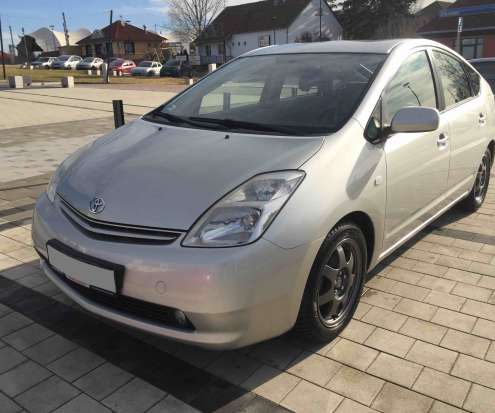











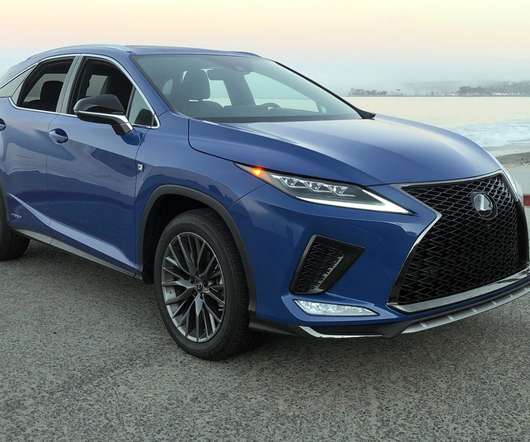

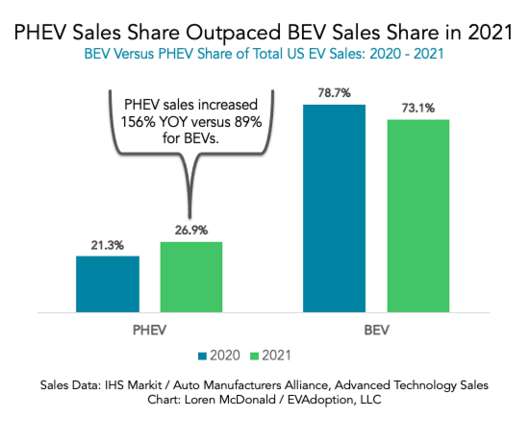


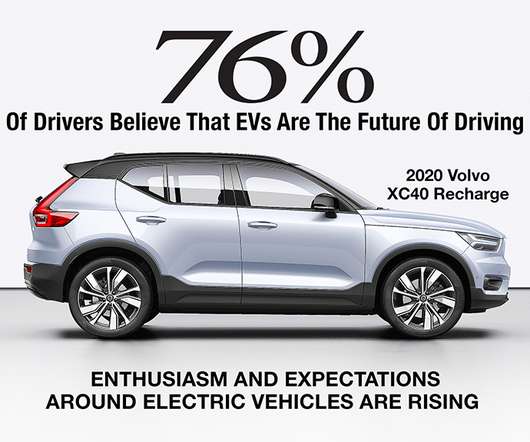



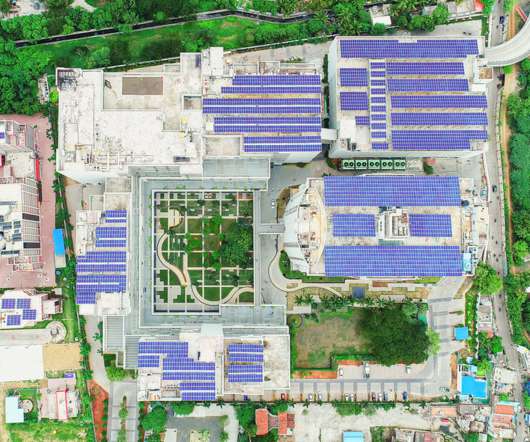







Let's personalize your content